For more analysis download the Survey Findings report.
Activities
How the outcomes were achieved
- All activities
- New study options
- Additional Experiences
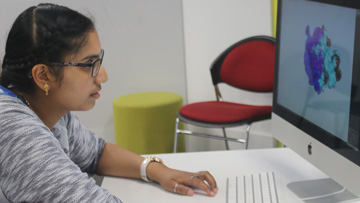 AMSPP collaboration
AMSPP collaboration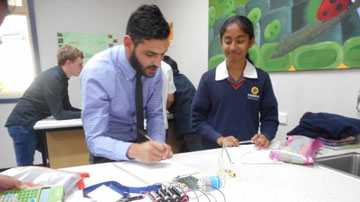 ASELL for Schools - Victorian Node
ASELL for Schools - Victorian Node Back to school
Back to school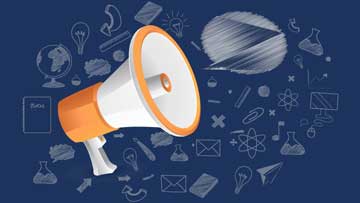 Communicating Science
Communicating Science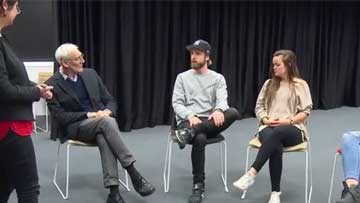 Contemporary Biology and Environmental Science In Education
Contemporary Biology and Environmental Science In Education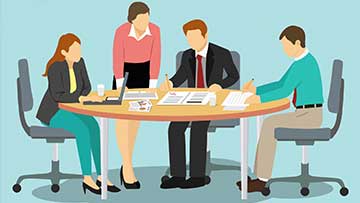 Contemporary Science Schools Network
Contemporary Science Schools Network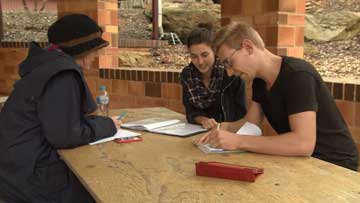 Discovery STEM initiative
Discovery STEM initiative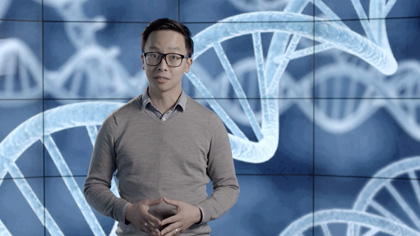 Maths videos
Maths videos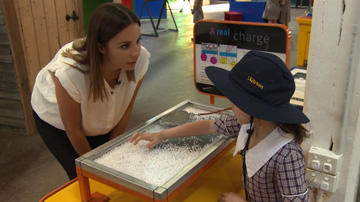 Multidisciplinary Science and Technology in Education collaboration
Multidisciplinary Science and Technology in Education collaboration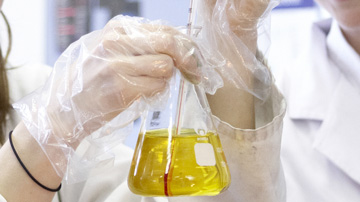 Reconceptualising Chemistry
Reconceptualising Chemistry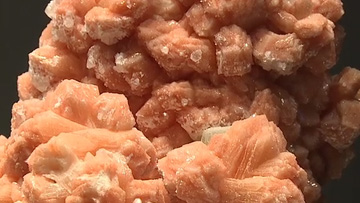 Reconceptualising Rocks
Reconceptualising Rocks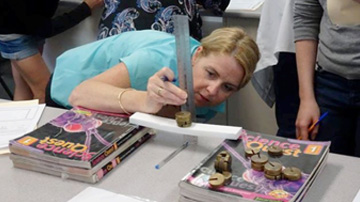 Representing scientific practice at the Institute for Frontier Materials
Representing scientific practice at the Institute for Frontier Materials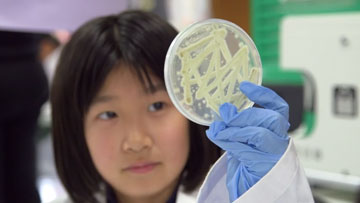 Scientists as Partners in Education
Scientists as Partners in Education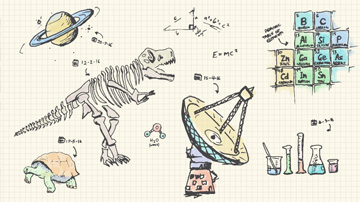 Science Squad
Science Squad
Back to school
A two-day program pairing pre-service teachers with science undergraduates, to encourage science teaching as a profession.
Contact
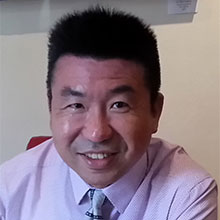
Responds to ReMSTEP innovation(s):
Building on existing ITE candidate expertise in mathematics and science.
Key points
- Involved 30 pre-service teachers and 30 science undergraduate science students over two years
- Collaborative planning and delivery of an activity in a placement school
- Exposed particpants to teaching as a career
Have you ever wished you could go back into the classroom and see your teachers with new eyes? Back To School, a ReMSTEP activity from the University of Melbourne, sought to give this opportunity to science undergraduates, to show them how a modern classroom operates, and encourage them to pursue teaching careers.
This two-day program brought together 15 science undergraduates and 15 pre-service teachers (PSTs) from the University of Melbourne, in 2015 and again 2016. The aim of the program was for science undergraduates to learn about teaching, and for PSTs to learn about teaching science.

On the first day, pairs or PSTs and undergraduates were to plan activities on a mathematics or science topic set by the placement schools, East Bentleigh Primary School and Bentleigh Secondary College. The PSTs assisted the undergraduates to understand teaching concepts and educational principles. On the second day, the science undergraduates delivered the activities they and the PSTs had planned together.
By bringing the PSTs and the science undergraduates together, another dimension was added to the overall experience of the undergraduate students. Not only did they get to experience personally what current-day Australian maths and science lessons look like, they also got to interact with future teachers over the course of the project. The exchange of experiences (and emotions) between the science undergraduates and their respective PSTs was also of great benefit to the undergraduates, who might not be clear what careers they intend to pursue, or who might want to know more about the reality of classroom teaching.
Normally, teachers are standing up so they are looking down at their students. But the teacher in the class that I observed, he said try to get down to the same level with the students. To me that showed how the teacher could build a closer relationship with the students. It showed me a different perspective than I'm used and that teaching done differently can be done in a way that makes a difference. That's encouraging to me.
What I took away from this experience was that when students have to actually think about how to teach someone else they really come to understand what they know and don't know. They actually have to get down to the nuts and bolts of what they are working with in order to be able to teach their fellow students.
The experience was described as “eye-opening” by both the undergraduate science students and the PSTs. During the program, both groups had opportunity to talk and network with the staff of the placement schools, and some created friendships that will serve them well as they enter the workforce.

I think it is important that our students in the teacher education programs go through as many experiences as possible before they decide what type of teacher they want to be… The whole experience was about… allowing them to re-conceptualise what Mathematics and Science classrooms across a range of schools are like from when they were students themselves.
By coming back to school, the science undergraduates were given the opportunity to see first-hand what maths and science lessons can look like, and to experience the sheer joy of interacting with children and seeing them learn and understand. Having seen what what school teaching in Australia was really like, they have also become potential spokespeople for careers in maths and science teaching in their student communities.
Learn more
Footnotes:
Sign up to our mailing list to stay informed

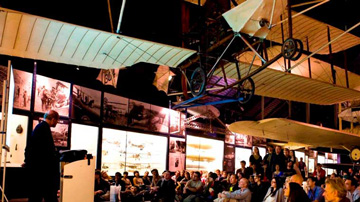 Engaging with practices of contemporary science
Engaging with practices of contemporary science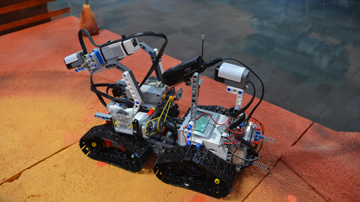 Inquiry science
Inquiry science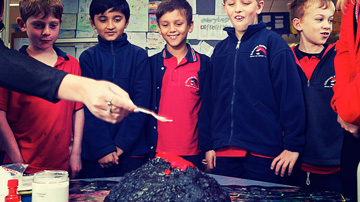 Schools science project
Schools science project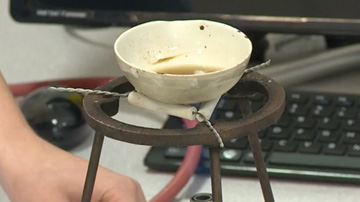 Science in Schools
Science in Schools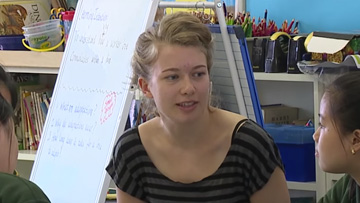 Science and mathematics specialist pathways
Science and mathematics specialist pathways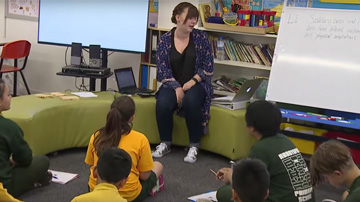 Science and Mathematics in the Classroom
Science and Mathematics in the Classroom